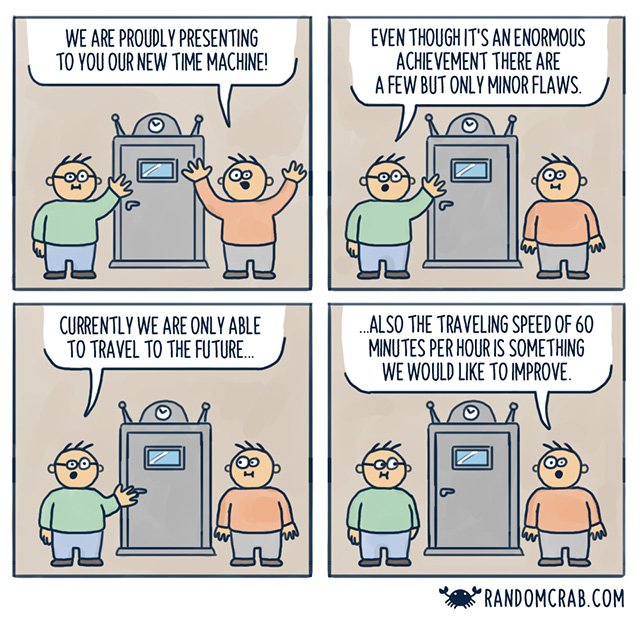
The time we have at our disposal each day is elastic, Proust claimed. It sounds an odd remark. Surely we have precisely 24 hours, no more and no less. Even the occasional leap second – introduced to keep calendars accurate – hardly changes the fixed time we have every day on Earth.
But as Claudia Hammond, presenter of Radio 4's All in the Mind, argues in this lively account of our perception of time, our experiences of passing minutes differ greatly according to circumstances. "A watched pot never seems to boil, but go and check your emails and it will be boiling over before you know it."
And you know what she means: that moron moment when you realise you have locked yourself out of your hired car, with your keys inside its boot, seems to stop time in its tracks while the most pleasurable experiences race by at light speed. Much has to do with the event being experienced. However, your mood, health and attentiveness also affect the rate at which time appears to pass.
Consider the fate of innocent test subjects who were tricked into believing no one on their psychology experiment liked them. Asked to estimate the passage of a minute, they reported times that were far longer than test subjects who had been told people liked them. Suffer rejection and time starts to drag, in short. "Thus the belief that a few strangers dislike you can alter your time perception," concludes Hammond.
Such observations are important because the way we perceive time is crucial to our lives. The intelligibility of spoken language depends on millisecond precision in pronunciation, for example, while the word "time" turns out to be the most widely used noun in English.
Oddly, however, there appears to be no single part of the brain that measures the passage of hours and minutes, which is just one of the many curiosities about our species' attempts to assess time. Of these paradoxes, the most intriguing – quoted by Hammond in her final chapter – was expressed by Kierkegaard: "Life can only be understood backwards but must be lived forwards."
No comments:
Post a Comment